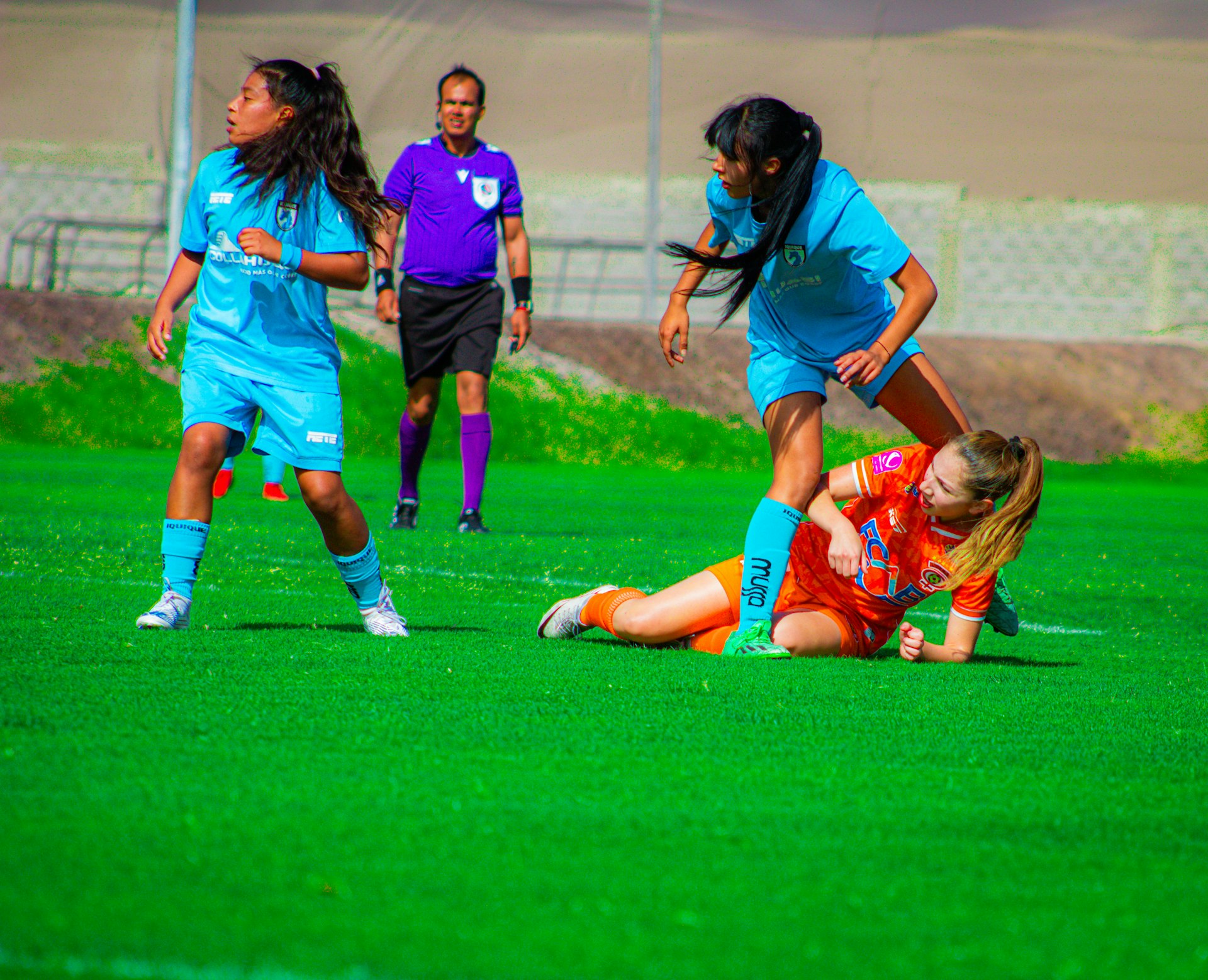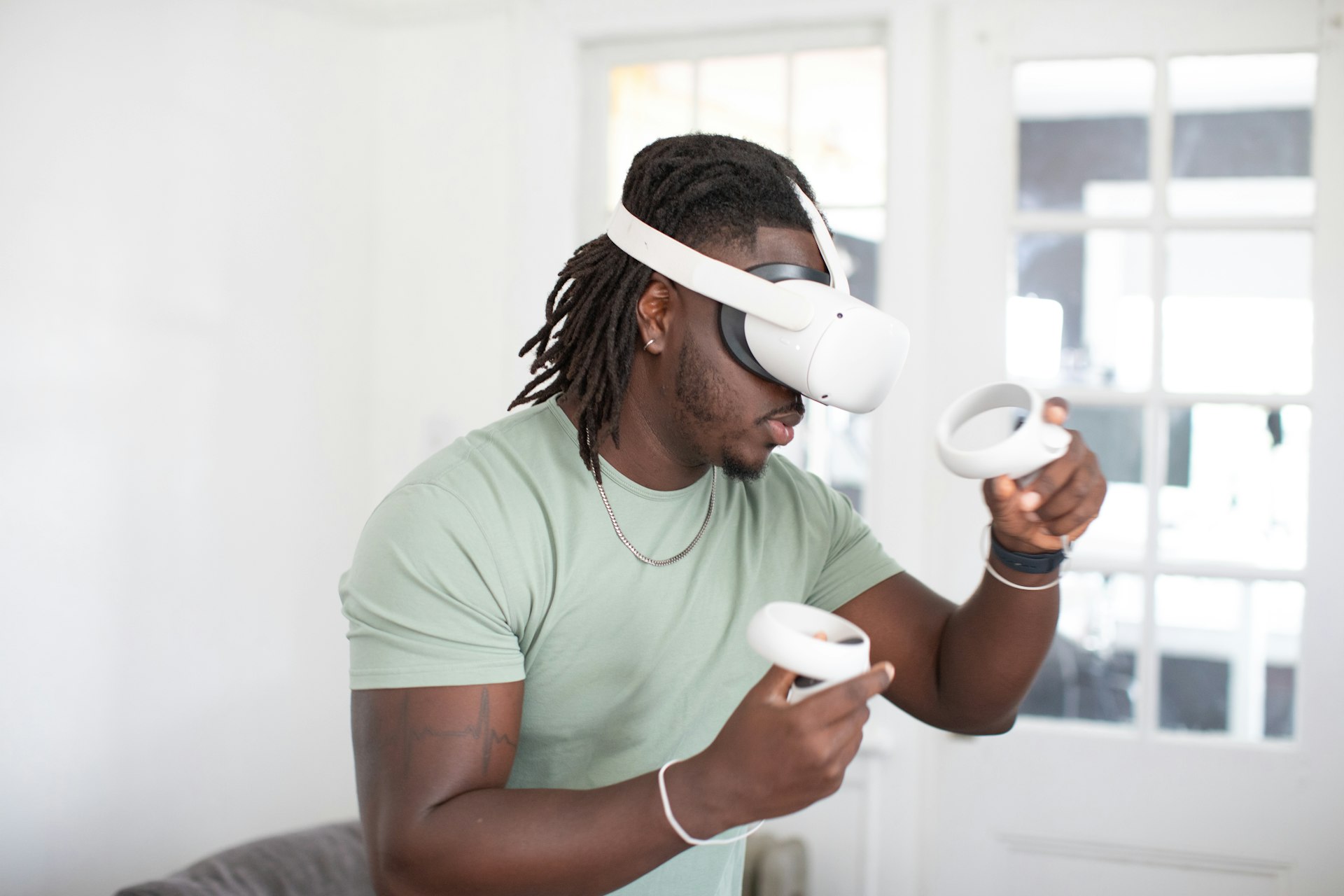Elevating Mental Health Awareness in Professional Sports: From Stigma to Support

Photo by Lesli Whitecotton on Unsplash
Understanding the Landscape of Mental Health in Professional Sports
The conversation around mental health in professional sports has evolved significantly in recent years. Athletes at all levels are increasingly recognized not just for their physical prowess, but also for their psychological well-being. According to recent research, approximately 35% of elite athletes report mental health concerns, with issues such as burnout, depression, anxiety, and performance-related stress being most common [2] . These statistics highlight a critical need for targeted awareness, support, and actionable interventions within the sports community.
The Impact of Stigma and the Importance of Open Communication
One of the most persistent barriers to mental health progress in sports is stigma . Athletes frequently hesitate to acknowledge their mental struggles, fearing negative impacts on their careers or team dynamics. This reluctance can mean athletes silently endure conditions that may affect their well-being and performance. Experts emphasize the necessity of fostering a culture where athletes can openly discuss mental health without fear of judgment or repercussions [2] .
For teams and organizations, actionable steps include:
- Establishing an open-door policy among coaches, trainers, and staff so athletes feel comfortable reporting concerns.
- Incorporating regular team meetings focused on emotional check-ins and support.
- Educating all stakeholders-coaches, athletes, and administrators-about the signs of mental health issues and available resources.
For example, pre-screening questionnaires for new players can help identify those who may need extra support, and ongoing communication ensures issues don’t go unnoticed [2] .
Best Practices and Institutional Support
Major organizations, including the NCAA, have prioritized mental health for athletes by developing comprehensive best practices. These include:
- Creating healthy environments that support mental wellness and reduce unnecessary pressures.
- Implementing routine mental health screenings to proactively identify symptoms and disorders.
- Establishing clear action plans and referral pathways to ensure athletes are connected with qualified mental health providers.
- Ensuring that all mental health professionals working with athletes are properly licensed and trained for the unique demands of sports psychiatry.
The NCAA Sport Science Institute, for example, has hosted webinars and shared membership-based case studies to help teams implement these practices effectively [3] . While large organizations may have in-house resources, individual athletes or smaller teams can seek guidance through local sports medicine clinics or by contacting national mental health organizations for referrals.
Education and Advocacy: Building a Supportive Culture
Education is the cornerstone of reducing stigma and boosting mental health literacy in sport. Programs like the Whole Being Athlete initiative by Athletes for Hope provide resources for athletes to learn about mental health, share their experiences, and advocate for systemic change [4] . These programs typically focus on:
- Distributing educational materials and webinars for teams and individuals.
- Facilitating storytelling and peer support, helping athletes realize they are not alone.
- Organizing events such as Athlete Mental Health Week and Advocacy Days to keep the dialogue active and visible.
If you want to participate, you can search for “Athlete Mental Health Week” or “Whole Being Athlete” to find upcoming events and resources. Many organizations maintain resource hubs, offer digital toolkits, and encourage athletes to become mental health advocates themselves.
Integrating Mental Health Training and Daily Practice
Modern approaches to athlete mental health emphasize proactive skill-building alongside traditional therapy. For example, the NFL’s Total Wellness program highlights the importance of daily mental fitness, with strategies such as mindfulness, resilience training, and emotional regulation techniques [5] . Athletes, coaches, and staff are encouraged to integrate these practices into their routines:
- Mindfulness meditation sessions before or after practice
- Journaling and reflection exercises to track emotional highs and lows
- Peer support groups facilitated by trained professionals
- Workshops on stress management and coping skills
To get started, you can ask your team’s wellness coordinator about available workshops or contact your local sports psychologist for recommended daily exercises. Many teams now offer access to mobile apps designed specifically for athlete mental health, providing on-the-go support and self-assessment tools [1] .
Accessing Professional Help: Step-by-Step Guidance
If you are an athlete seeking mental health support, there are several clear pathways:
- Reach out to your team’s athletic trainer or physician : They are often the first point of contact and can provide referrals to qualified mental health professionals.
- Request a mental health screening : Many teams incorporate screenings as part of their regular health checks. If this service is not available, you can ask for it or find a local sports medicine clinic that offers it.
- Contact national organizations : Groups such as Athletes for Hope and the NCAA Sport Science Institute offer resource directories and can connect you with professionals experienced in sports mental health.
- Use digital resources : Many reputable apps and online hubs are available for athletes. When choosing an app, look for those recommended by recognized sports psychiatry organizations or validated by research.
- In emergencies : If you or someone you know is at risk of harm, contact emergency services or a crisis helpline immediately.
For those outside the professional sphere, you can begin by searching for “sports mental health resources” or “athlete support programs” through your country’s official health department or national sporting bodies. Always verify the credentials of any provider or organization you contact.

Photo by Ryan Hoffman on Unsplash
Challenges and Solutions: Moving Beyond Awareness
Some challenges remain in the journey to full mental health integration in sports. These include:
- Limited access to specialized mental health professionals, especially in smaller markets or for athletes outside major leagues.
- Persistent stigma and cultural barriers that can discourage help-seeking behaviors.
- Resource disparities between larger and smaller teams or organizations.
Solutions involve:
- Continuing to expand educational programs and normalize mental health conversations.
- Increasing investment in training for coaches and staff, so they can recognize and respond to mental health needs.
- Leveraging technology, such as telehealth and mobile apps, to reach athletes wherever they are.
Organizations are also encouraged to develop action plans and regularly review their effectiveness, adapting based on feedback from athletes and staff.
How to Get Involved and Where to Find Resources
If you are interested in supporting mental health awareness in professional sports, consider these steps:
- Participate in Mental Health Awareness events , such as those organized by Athletes for Hope or Mental Health America. Search for “Athlete Mental Health Week” or “Mental Health Awareness Month” to find events in your area or online.
- Advocate for your team or organization to adopt mental health best practices , such as regular screenings, education sessions, and access to licensed professionals.
- Share educational resources and athlete stories to help reduce stigma and encourage open dialogue among peers.
- Encourage your league or sport governing body to implement or update policies that prioritize athlete wellness.
When seeking resources, always use official organization names. For example, visit the official websites of the NCAA, Athletes for Hope, or your national sports medicine association. If you are a student-athlete, your school’s health services department may also offer counseling and referral services.
References
- [1] Psychiatric Times (2025). Top studies on athletes’ mental health.
- [2] McLean Hospital (2023). Exploring athletes’ mental health.
- [3] NCAA (2024). How the NCAA is prioritizing mental health.
- [4] Athletes for Hope (2025). The Whole Being Athlete Program.
- [5] NFL Total Wellness (2025). Mental Health Awareness Month resources.



